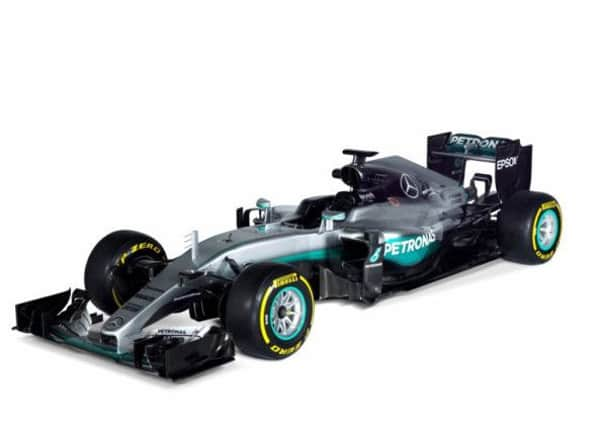Formula One science to make family cars fuel efficient


Jaguar Land Rover has won a share of more than £38 million of government funding to cut exhaust fumes and help electric vehicles travel further.
A consortium including JLR and Nissan received £1.7 million for “light weighting” technology.
Advertisement
Hide AdAdvertisement
Hide AdThey will work on using the science behind Formula One cars and satellites
Light carbon fibre could replace steel components in new designs.
The first prototypes could be unveiled by 2018 and the technology “could feature in passenger cars” from 2020.
It is claimed that by reducing steel in the all-electric Nissan Leaf by more than half, its 124-mile range could be extended by up to a quarter.
The public funding comes from the Office for Low Emission Vehicles and Innovate UK, the Government-backed innovation agency.
Transport minister Andrew Jones said: “Our investment will help Britain become a world leader in this exciting and valuable technology sector, creating skilled jobs of the future.
“It will also mean lower running costs for motorists and less fuel consumption.”
Roland Meister, head of transport at Innovate UK, said: “More than 130 innovative organisations across the country now have the chance to get their ideas off the drawing board and potentially into the cars and trucks of the future.”
Advertisement
Hide AdAdvertisement
Hide AdMore than 130 car makers, tech firms and research centres have won some of the money.
Among the London universities and firms to share the cash is Marylebone-based Teqniqa Systems, which is developing a tyre that changes shape and stiffness based on a person’s style of driving and how much grip is required.
Advanced Design Technology, based at University College London, is developing thermal recovery kits that capture waste heat from exhausts and turn it into electricity.
